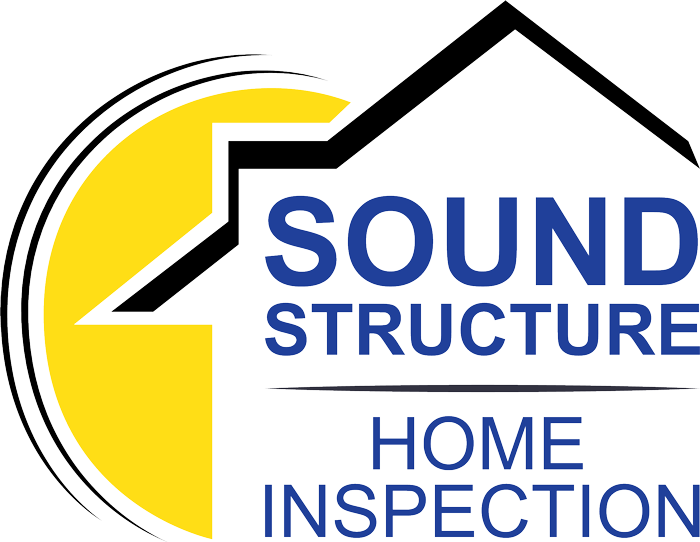
Many homeowners know that getting their home inspected is an important step whether you are buying or selling. However, they don’t think that mobile or manufactured homes need to be inspected. The opposite of this is true. Mobile homes should be inspected just like traditionally built homes. While inspections between the two are relatively similar, there are some key differences that inspectors check more with manufactured buildings. Here is why mobile home inspections are important and what is on an inspection checklist.
How Mobile Home Inspections Are Different
As stated above, many of the items checked by inspectors for a typical house is inspected for a manufactured home. The main differences in inspections are a result of how mobile homes are built. Factory-built homes are made with different materials and fabrication methods. In addition, they are more susceptible to damage compared to traditional homes. For inspectors, this means doing extra checks on specific features that could cause a mobile home inspection to fail.
Problem Areas Inspectors Check
One of the main areas checked by mobile home inspectors is the electrical wiring. In older mobile homes, aluminum wiring is used with GFCI protection missing. In addition, the electrical meter is occasionally found away from the main structure. Other systems may be more difficult to find as well. Wiring, plumbing, and ductwork may not be visible depending on how the home was constructed. This is because the underside of a mobile home is sealed in a plastic membrane or covered in a sheathing.
If a homeowner has made additions to their manufactured home, these should also be looked at. Owners typically use additions to create extra space for their homes. The problem is that mobile homes are designed to flex. If the piers the home is built on are unstable, any additions built can separate from the main structure. This makes the home more susceptible to leaking. In addition, structural damage can occur anywhere, from incorrect installation to if there are issues with transportation.
What Else to Look For
There are additional areas that a mobile home inspector will check to ensure a home passes inspection. An example of this is windows. Many windows in mobile homes are single-pane, so it’s important to ensure they have proper insulation. If a window has a faulty seal, it can lead to condensation and temperature fluctuations. Doors are also checked to make sure they close properly. Structural issues may be indicated by doors that stick or aren’t properly aligned.
How the home is built also matters. You want to check the internal and external walls on the property. Pushing the walls ensures they are sturdy and not wobbling. Siding is also important to a well-built manufactured home. Metal siding has a higher likeliness of leaking at doors and windows compared to other siding types. Hardwood siding tends to leak at seams and joints. For homes that are double-wide, check to see if a load-bearing wall is built.
Electrical systems should also be checked. This part should be left to an inspector or electrician, due to the higher risk of fire from poorly installed outlets and panels. There are elements a homeowner can check proactively. For example, look for any hanging or damaged wires. You can also buy a receptacle tester that plugs into an outlet to check its functionality.
Questions to Ask Before a Mobile Home Inspection
Once you decide on a home inspector, you want to make sure they are qualified to correctly check a property. There are questions you should ask before hiring a contractor:
- Are you familiar with the HUD code for mobile homes? Manufactured homes are known as “HUD-code homes”. This is because any mobile homes built after the summer of 1976 have to meet standards from the U.S. Department of Housing and Urban Development. The code has been updated over the years to focus homes on being more storm-resistant and energy-efficient. Any inspector should know current HUD standards and their evolution.
- How many mobile homes do you inspect each month? Depending on the area the home is located, the number of homes an inspector checks per year can vary. Those in rural areas will have more experience with manufactured home inspections.
- How much do you charge? The average home inspection can range from $250 to $400. This depends on many factors, including the size of the house, how old the home is, and the length of time an inspection will take.
Having an inspection done on a manufactured home is just as important as one for a traditional home. Whether you are a buyer or seller, scheduling an inspection adds value and helps ensure your property is safe.
